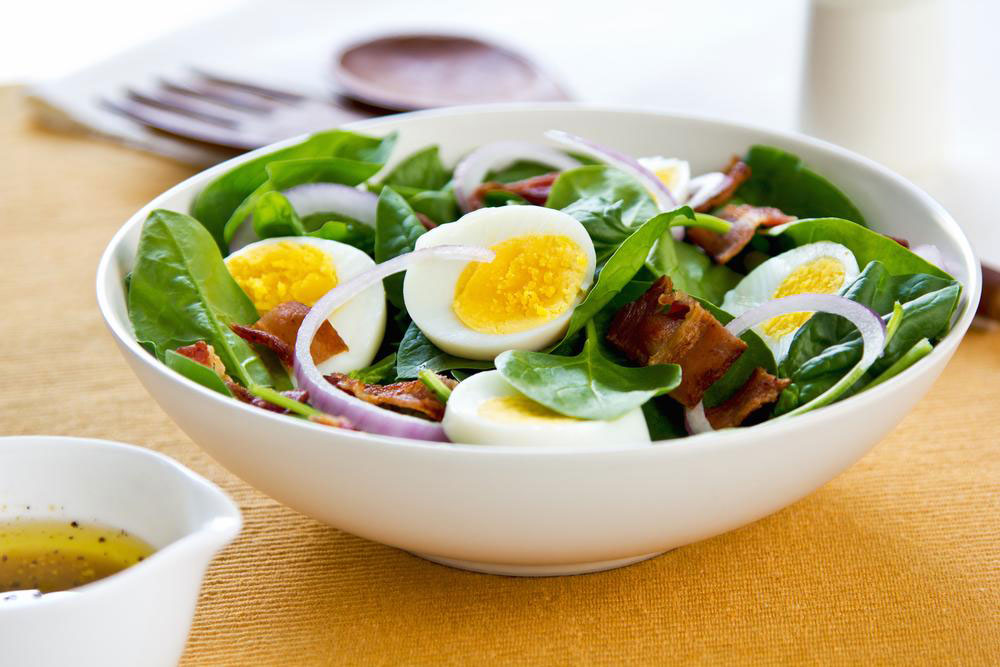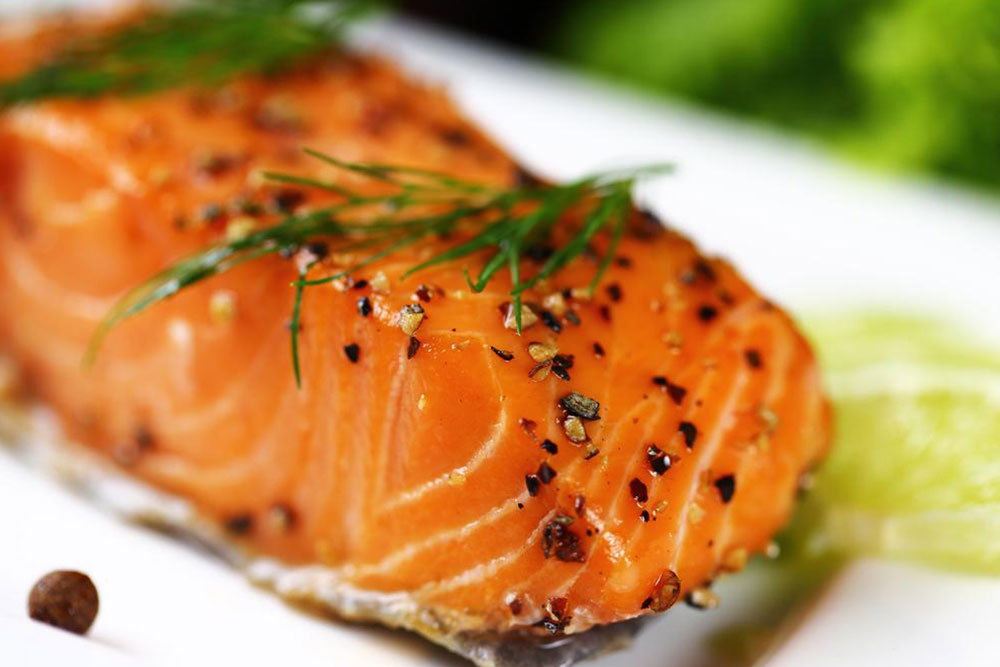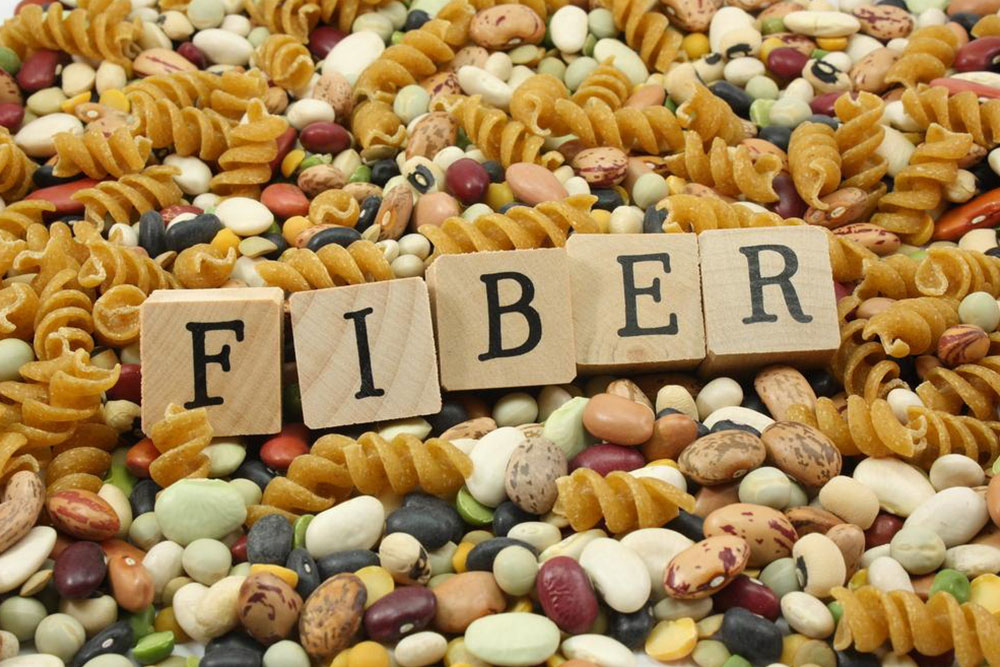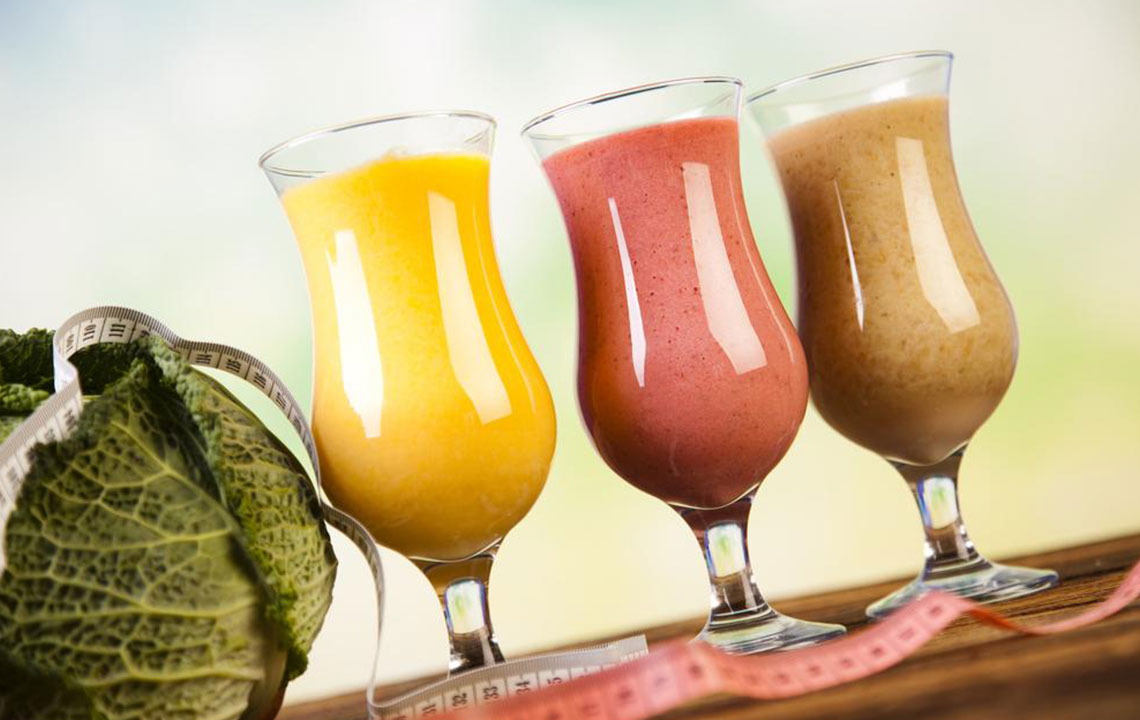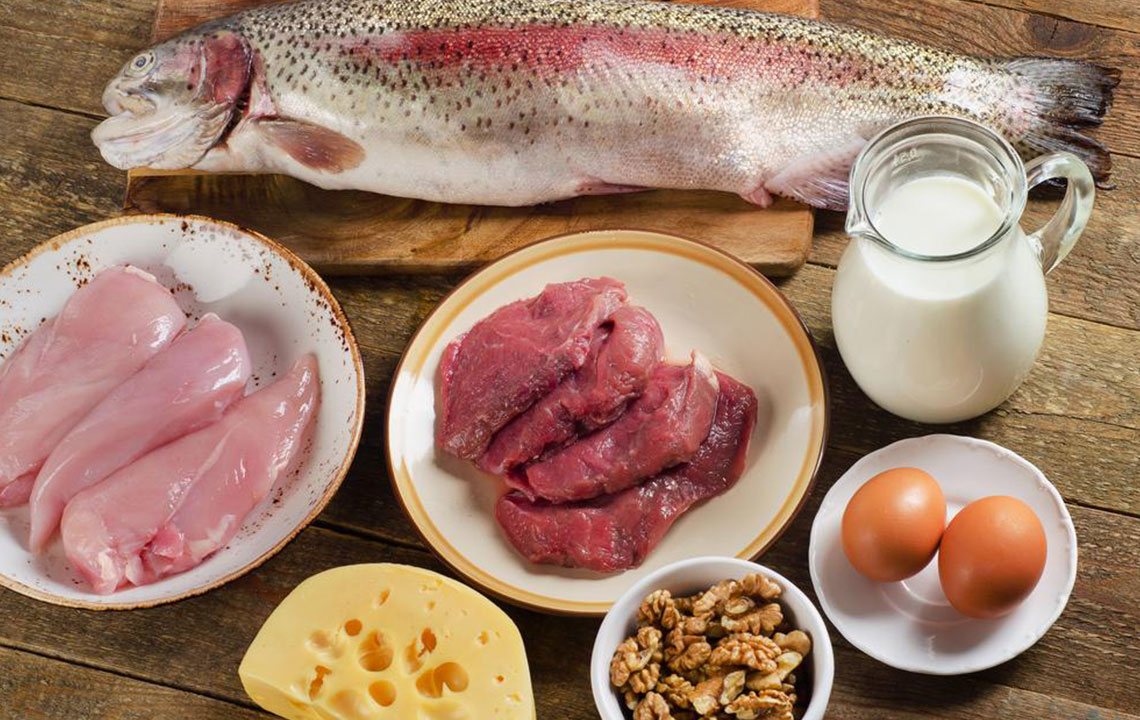Top 10 Protein-Rich Foods to Support Weight Loss Efforts
Discover the top 10 high-protein foods that effectively boost weight loss. This guide highlights nutritious options like almonds, eggs, and lentils, explaining how they support metabolism, reduce hunger, and promote muscle preservation. Incorporate these foods into your diet for sustainable weight management, backed by practical tips on daily intake. Ideal for anyone aiming to enhance their diet with protein-rich choices for better health and weight control.
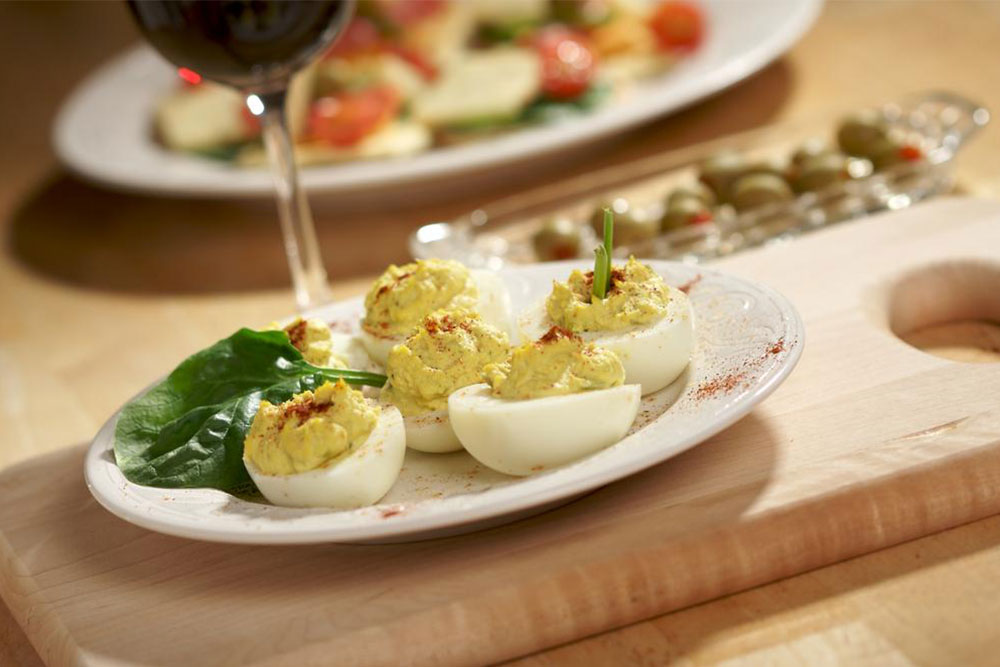
Prioritizing protein intake is crucial for effective weight management. A diet abundant in high-protein foods accelerates metabolism, suppresses hunger, and helps preserve muscle mass while burning fat. Incorporating natural, protein-packed foods into your daily meals is simple—just add these nutritious options alongside a balanced workout for optimal results. Below is a curated list of ten excellent high-protein foods that can seamlessly fit into your diet, aiding you on your weight loss journey.
Almonds
As a top high-protein snack, almonds are packed with protein and fiber. Each almond delivers roughly 0.3 grams of protein, contributing to a feeling of fullness that can curb appetite and reduce calorie consumption.
Broccoli
Often disliked by kids, broccoli is a powerhouse of nutrition. One cup (91 grams) provides 2.6 grams of protein along with vital vitamins C and K, magnesium, phosphorus, and potassium.
Chickpeas
Rich in protein, fiber, and potassium, a cup (200 grams) contains about 39 grams of protein. Chickpeas help keep you full longer, support heart health, and are low in saturated fats and cholesterol.
Eggs
An excellent source of high-quality protein and essential nutrients, each egg supplies around 6 grams of protein. Eggs boost metabolism, promote satiety, and supply vital vitamins and healthy fats.
Green peas
With 5 grams of protein per half-cup, green peas are perfect for weight loss, offering a nutritious way to fill up while providing dietary fiber and a variety of vitamins.
Cottage cheese
Low in calories and fat yet high in protein, a cup (226 grams) offers about 26 grams of protein. It’s rich in calcium, B vitamins, phosphorus, and other nutrients, making it ideal for weight management.
Greek yogurt
A probiotic-rich superfood, non-fat Greek yogurt provides approximately 17 grams of protein per cup (170 grams). It supports gut health and metabolism, aiding weight loss efforts. Choose options without added sugars and watch out for full-fat varieties high in calories.
Lentils
Plant-based protein sources, lentils provide about 18 grams of protein per cooked cup (198 grams). They are also loaded with dietary fiber, minerals like potassium and iron, supporting overall health and metabolic function.
Peanut butter
Despite its calorie density, peanut butter is a good protein source—two tablespoons pack around 8 grams of protein. It helps keep you full, reducing unnecessary snacking on high-calorie foods.
Quinoa
As a nutritious grain alternative, quinoa contains 8 grams of protein per cooked cup. It’s rich in magnesium, iron, fiber, and amino acids—ideal for muscle building and overall health.
How much protein do you need? Women should aim for around 46 grams daily, men about 56 grams. For weight loss, about 30% of daily calories should come from protein, typically 2-2.3 grams per kilogram of body weight. Incorporate these foods and track your intake for best results.
Consuming high-protein foods is an effective, tasty way to support weight loss and prevent obesity. Spread your intake across meals and monitor your progress using a nutrition tracker for optimal success.

